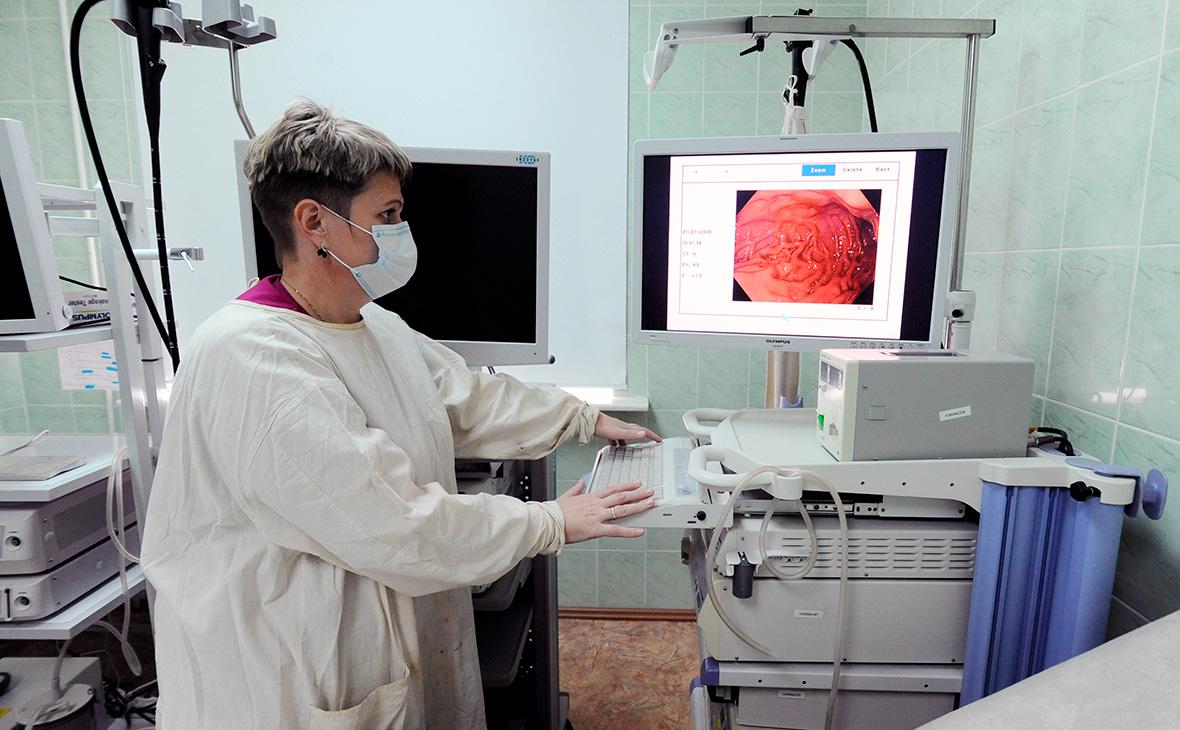Experts estimate the deal to acquire a stake in medical startup OneCell may be worth around ₽100 million. OneCell’s technology could be integrated into the federal project to digitize pathology anatomy, according to Rostec CEO Sergey Chemezov.

A subsidiary of the state corporation Rostec — the holding company AIS — has acquired a 25% stake in OneCell, a company developing and implementing AI-based technologies and high-end medical equipment, representatives of both companies told RBC.
“In fact, we’ve long been partners with OneCell, and have now decided to acquire a 25% equity stake in the company. This is an innovative project with great future potential,” explained Rostec CEO Sergey Chemezov, as quoted by the corporation’s press service.
Neither Rostec, AIS, nor OneCell disclosed the value or other terms of the transaction. According to SPARK data, 100% of OneCell’s shares were previously owned by LLC “Company70”. As of February 4, AIS owns 25.01%. SPARK lists the co-owners of “Company70” as Alina Ninburgh (CEO of Vansel, 53.81%), the medical laboratory Hemotest (12.5%), and several private individuals, including former S7 top manager and Whoosh co-founder Sergey Lavrentyev (2%).
Founded in 2016, OneCell is a medical startup specializing in AI-driven digital analysis of cancer patients’ biomaterials. The company’s technology analyzes histological slides (glass samples containing biological material), which, according to its creators, significantly accelerates the diagnostic process. In 2021, the N.N. Petrov National Medical Research Center of Oncology announced that it had begun clinical implementation of OneCell’s system. As RBC Saint Petersburg reported at the time, the technology allows doctors to make diagnoses up to ten times faster. Pathologists no longer need to compare findings with professional reference materials or analog archives.
OneCell’s solution is already being used in Moscow’s healthcare system for digital pathomorphology. Biologic material is automatically scanned under a microscope and rendered as a 4K-resolution digital image, making all details visible on a computer monitor. These images can be compiled into a library accessible to multiple doctors.
Describing the technology, Russian Academy of Sciences academician and chief freelance pathology expert at the Ministry of Health Georgy Frank noted that scanning devices digitize histological samples for evaluation on computer screens, replacing traditional microscopy.
Chemezov believes OneCell’s technology offers tremendous opportunities: “For example, it could form the basis of a digital system that elevates nationwide cancer diagnostics.” According to him, the project will be developed through a public-private partnership. “Demand for OneCell-based diagnostics in Moscow is enormous. It’s obvious that this experience should be scaled. It could also contribute to the federal project for digitizing pathology anatomy currently under discussion at the state level,” he said.
AIS CEO Asker Saidov added: “Our joint project with OneCell focuses on advancing digital diagnostics for oncology. OneCell is a strong partner with tremendous potential, which can be fully realized through collaboration with Rostec and our company’s IT and production expertise.”
OneCell founder Alexander Ninburgh noted that the technology passed trials at the All-Russian Research Institute of Medical Technology and underwent clinical testing at leading medical centers in Moscow and St. Petersburg. The software has been certified by Roszdravnadzor.
Based on the average global medtech EV/Revenue multiple and OneCell’s 2023 revenue of ₽105 million, the 25% stake could be valued at around ₽100 million, according to Sergey Nunuparov, Managing Director of PSK-Solutions. However, he added, the real valuation was likely higher, as it probably considered the company’s growth potential. For OneCell, the deal could provide access to the broader Russian medical market. For Rostec, it’s at least a promising investment in the relatively scarce domestic AI technology sector and a valuable addition to its digital healthcare portfolio, Nunuparov told RBC.
Given the company’s growth prospects, its full valuation could approach ₽1 billion, implying a value of approximately ₽250 million for the acquired stake, said Stanislav Mudrov, Partner in Business and Asset Valuation at consultancy NEO.
AI systems are playing an increasingly important role in disease diagnostics, especially in medical imaging, said Boris Zingerman, Director General of the National Medical Knowledge Base Association. “This includes the analysis of CT scans, X-rays, and other imaging, as this domain is already heavily digitized, with a variety of existing systems capable of detecting disease indicators,” he noted. Zingerman expects major breakthroughs soon in the use of AI for cytology and histology.
This article has been translated to English by PSK-Solutions LLC. The original version in Russian is available here.
This is an unofficial translation provided for informational purposes only. All rights to the original content belong to the original author(s), and no copyright infringement is intended. While we strive for accuracy, slight discrepancies may occur in the translated version.